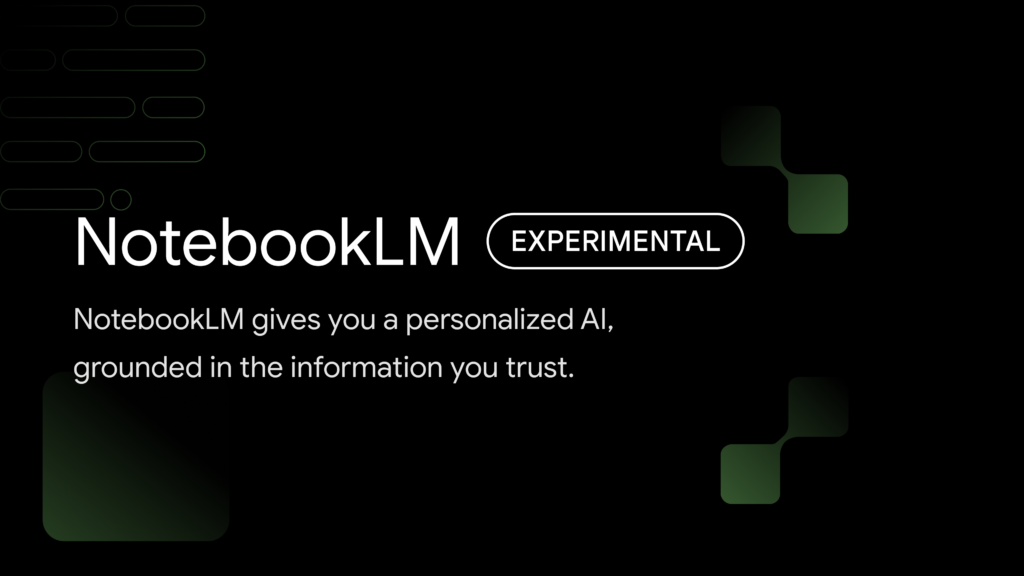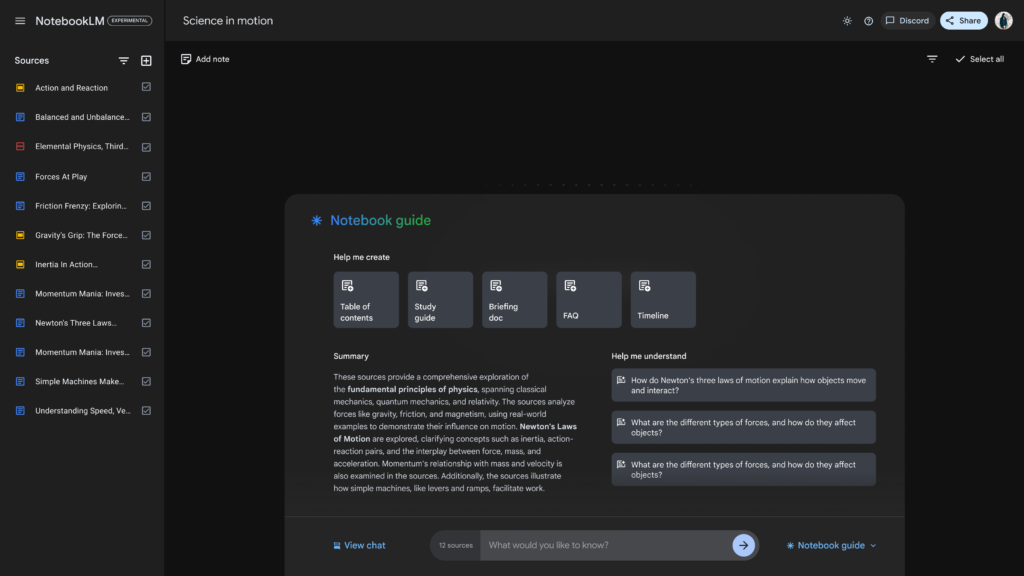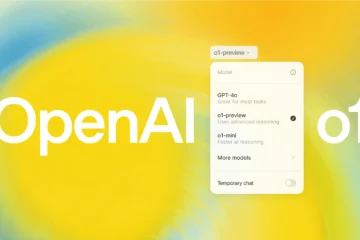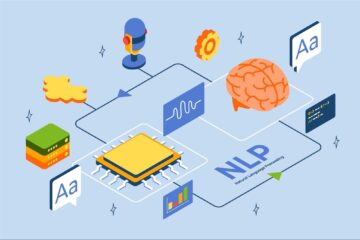In a significant advancement for AI-driven productivity tools, Google has added a new feature to its NotebookLM application, transforming how users interact with their notes and research. Known as Audio Overview, this feature introduces AI-generated podcasts that summarize and analyze uploaded materials, creating an engaging, audio-based experience. With this update, Google is pushing the boundaries of AI applications in content consumption, making it easier for users to absorb large volumes of information through dynamic, conversational formats.

A New Approach to Information Consumption: AI-Generated Podcasts
Launched in 2023, NotebookLM was designed as an AI-powered assistant to help users organize and interpret their notes. The app is especially useful for researchers, students, and professionals who need to manage large datasets or complex documents. The new Audio Overview feature takes this functionality a step further by offering users an option to generate a podcast-style summary of their notes.
With two AI hosts, the Audio Overview doesn’t just summarize the information—it creates an interactive discussion. The AI hosts “converse” about the materials, drawing connections between topics, adding insights, and even engaging in friendly banter. For instance, in one demonstration, the AI hosts discussed the invention of the lightbulb, highlighting how teamwork contributed to its development. This makes consuming information feel less like reading a dense academic paper and more like listening to a thought-provoking podcast.
The Audio Overview feature is powered by Google’s Gemini AI model, which allows the virtual hosts to explore topics in a conversational manner. The ability to make connections between ideas, rather than merely reading a summary, adds depth to the user’s learning experience. The AI hosts even attempt to mimic natural speech patterns, including pauses, “ums,” and casual expressions, making the experience feel more authentic.
Target Audience: Students, Researchers, and Professionals
Google’s NotebookLM and its Audio Overview feature cater to individuals who regularly work with large amounts of information and prefer audio-based learning. This includes students who may want to review lecture notes while commuting, researchers looking for efficient ways to process complex academic materials, and professionals who need to stay on top of industry developments. The tool turns tedious reading into a more engaging experience, enabling users to digest content on the go.
This functionality is especially valuable for audio learners, people who retain information better through listening rather than reading. By converting notes into a conversational format, NotebookLM can potentially enhance learning outcomes for this demographic.

Strengths and Limitations: An Experimental Frontier
While NotebookLM’s Audio Overview is a pioneering feature, it’s still in the experimental stage, and Google acknowledges certain limitations. For instance, the AI-generated podcasts are only available in English at present, and creating audio for larger notebooks can take several minutes. Moreover, the AI may occasionally generate inaccuracies, so users are advised to cross-check the output with their original materials.
Despite these challenges, Google sees enormous potential in integrating audio into its note-taking platform. Biao Wang, Google Labs’ product manager, emphasized that the company is exploring ways to make learning more accessible and engaging. “We know some people learn and remember better by listening to conversations,” Wang stated, indicating Google’s focus on catering to diverse learning styles.
A Broader Shift in Google’s Podcast Strategy
The release of Audio Overview coincides with Google’s broader strategic shift in the podcast space. The company recently announced plans to phase out Google Podcasts by 2024, encouraging users to migrate to YouTube Music, which will integrate both music and podcast content. This consolidation is in line with Google’s vision of simplifying user experiences by offering a unified platform for all audio content.
By centralizing podcasts within YouTube Music, Google aims to streamline its offerings and enhance user engagement. This move also positions YouTube Music as a more robust competitor in the ever-growing podcasting space, giving users the convenience of accessing both music and podcasts in a single app.
Future Potential: The Evolution of AI-Driven Content
Google’s NotebookLM Audio Overview represents a significant step toward the future of AI-driven content creation and interaction. As the feature evolves, there’s potential for it to expand beyond note summaries and into other forms of content generation, such as personalized learning modules or automated educational podcasts. With further refinement, this tool could revolutionize how users engage with written content, turning text into interactive, audio-driven learning experiences.
In the long term, features like Audio Overview may reduce the reliance on traditional reading for information absorption, making AI-generated podcasts an integral part of knowledge management and education. As Google continues to improve its AI tools, we can expect to see more innovative ways for users to interact with content—whether for education, professional development, or entertainment.
Conclusion
The introduction of Audio Overview in Google’s NotebookLM exemplifies how artificial intelligence is reshaping content consumption. By allowing users to turn their notes into podcast-like discussions, Google is providing a new way to interact with information that is both engaging and practical. While the feature is still in its early stages, it has the potential to transform learning, research, and content creation in the years to come.
As Google continues to refine this technology and expand its capabilities, NotebookLM and other AI-driven tools will play an increasingly important role in how we consume, understand, and retain information in an ever-evolving digital landscape.


